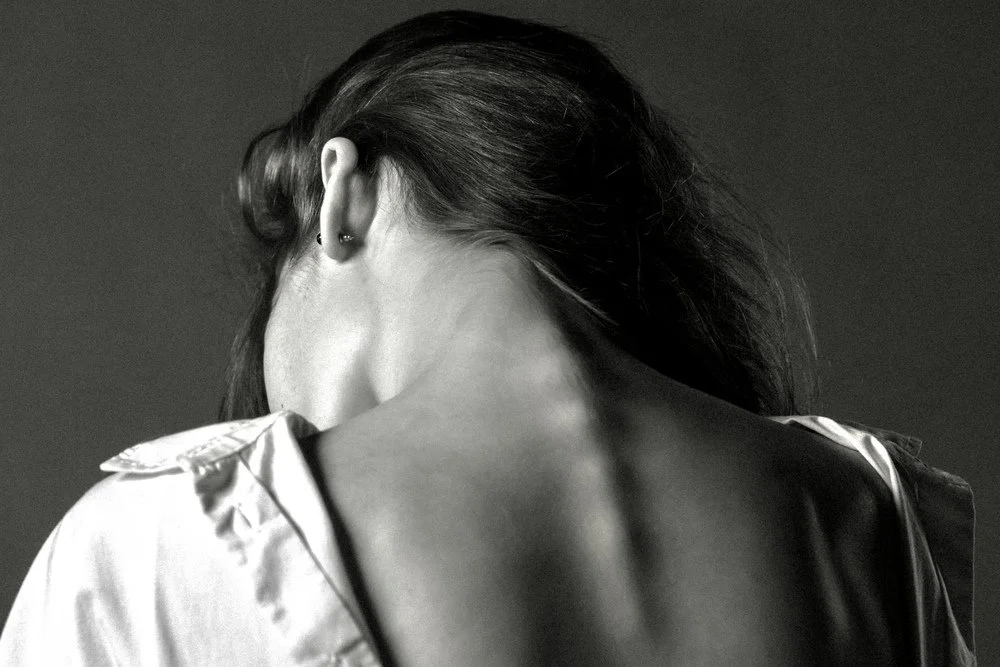The Posture - Stress Connection
Most people think of posture as simply “standing up straight.” But research shows it’s closely tied to how our body manages stress and anxiety. The way we hold ourselves can influence how our nervous system reacts to the world around us.
The fight - flight response
When we feel threatened or under pressure, our nervous system often activates the “fight - flight” response. This is an ancient survival mechanism that prepares us to act quickly — muscles tighten, breathing becomes shallow, and our heart rate increases. Over time, if the body remains in this state, it may contribute to tension, fatigue, feelings of anxiety, overwhelm and difficulty relaxing.
The posture - stress link
Posture can play an important role in this cycle. Certain positions — such as slouching forward or rounding the shoulders — are linked with shallow breathing and increased muscle tension. Studies suggest these postures may reinforce the body’s perception of being under stress. Including one study found that adopting an upright seated posture was associated with greater alertness and reduced negative mood compared with a slouched position.
Relieving stress with posture
On the other hand, small adjustments in posture can support the body’s shift back toward a calmer state, sometimes called “rest and digest.” An upright, open position may improve breathing efficiency, allowing for greater oxygen exchange and potentially supporting the nervous system in moving out of survival mode.
It’s important to note that posture is only one piece of the puzzle. Stress and anxiety are complex experiences influenced by many factors — lifestyle, environment, mindset, and individual health all play a role. But becoming aware of how your body responds, and how your posture may reflect or reinforce stress, can be a helpful step in building resilience.
Tools for better posture
Practical strategies like gentle movement breaks, stretching, and mindful breathing may support healthier posture patterns during the day. While these approaches are not a cure for anxiety, they can be valuable tools to help the body and nervous system find balance in times of stress. If you’re still struggling to correct your posture, we recommend a spinal checkup with our experienced Chiropractors who can give personalised recommendations to help you achieve a taller physique and a calmer nervous system. Book your spinal check up here.
-
Nair, S., Sagar, M., Sollers III, J., Consedine, N., & Broadbent, E. (2015). Do slumped and upright postures affect stress responses? A randomized trial. Health Psychology, 34(6), 632–641.
Peper, E., Lin, I. M., Harvey, R., & Perez, J. (2017). How posture affects memory recall and mood. NeuroRegulation, 4(2), 67–70.
